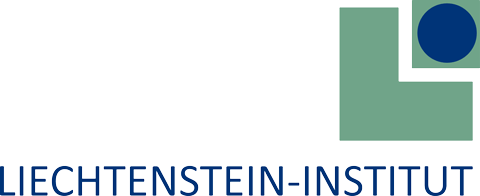Is the EEA a model for other countries?
The presentation began with a brief introduction to the history of the EEA and its institutions and processes. Following on from this, the functioning of the EEA was analysed, before finally discussing the future of the EEA and the model character of the EEA in general.
One conclusion was that although the EEA functions reasonably well, it can hardly serve as a model of integration for other countries. For example, the EEA has an extremely complex institutional structure that only works because the EEA/EFTA states Iceland, Liechtenstein and Norway have come to terms with this structure very well after more than 25 years of EEA membership.
The presentation also showed that fundamental questions of European integration regarding autonomy and legitimacy also arise outside the EU. Whether the autonomy of the EEA/EFTA states within the framework of the EEA is greater than if they were EU members cannot be said across the board, as was shown in the presentation.
The lecture held at the University of Opole campus, Collegium Civitas building. The event was publicised through various media channels.
The audience of the lecture comprised predominantly of the members of the academic community, including the staff of the Institute of Political Science and Administration, (that is the project partner) among others: Dr Wojchiech Opioła, Dr Joanna Kulska, Dr Bartosz Czepil, Dr Marek Mazurkiewicz, Dr Sabina Baraniewska, but also some visiting scholars, like for example Dr Inna Nachanyuk from Kiyev/Ukraine, or Dr Lukas Vomlela from Ostrava/Czech Republic.
The lecture entertained a lot of interest from the students who attended the lecture and took part in the following debate. The attending students are part of two international programmes: (1) Europa-Master, a trilangular programme offered in collaboration with the University of Mainz (Germany) and the University of Dijon (France), and (2) Global Studies programme which recruits students predominantly from Asia and Africa.
The event was opened by the introductory remarks delivered by the vice-rector of the University of Opole Prof. Jacek Lipok and the whole event was moderated by Prof. Rafał Riedel.
Dr Christian Frommelt’s visit in Opole comprised also of some meetings with the representatives of the University of Opole authorities, among others Prof. Lech Rubisz, Director of the Institute of Political Science and Administration, and Dr Grzegorz Haber, Vice-Dean of the Faculty of Political Science and Social Communication.








